We are living in an era marked by profound uncertainty, economic headwinds, geopolitical instability, and relentless technological change that has left many people yearning for something more grounding, more human. In these volatile times, travel is undergoing a quiet revolution. It is no longer just about moving from one destination to another. It has evolved into something far deeper: a quest for emotional connection, authenticity, and immersion.
The Accenture Life Trends 2025 report highlights a powerful shift in consumer behavior called “social rewilding,” a quest to reconnect socially in the real world, often but not always around nature, and to balance technology’s role in the moments that bring people joy and well -being. According to the report, 41.9% of respondents said their most enjoyable experience in the previous week was a physical one, while only 15.3% said it was digital. This is an optimistic signal for the travel industry, as the findings suggest a strong desire by people to return to authentic, sensory-rich, and meaningful experiences.
Embracing the local: cultural connection over tourist checklists
Travelers seeking more authentic, purposeful experiences are choosing to engage deeply with local cultures and traditions. From a cooking class with a local chef to an off-the-map hiking trail, people are choosing travel that reflects their individual interests.
This is where the travel industry can truly shine, curating experiences that connect visitors to the heart and soul of a place. And technology has a key role to play here. Generative AI for example, can help travel brands deliver smarter, more responsive personalization, recommending relevant added services, adapting itineraries in real time, or making suggestions based on past preferences. When thoughtfully embedded across the full journey, from discovery and booking to the trip itself and even post-travel engagement, it becomes a tool to create seamless, emotionally resonant travel that keeps people coming back. According to Accenture’s Consumer Pulse Survey 2025, 80% of travelers are already using gen AI tools, with 93% of active gen AI users saying shaping their own travel experiences is key to the connection they feel with a brand.
For those companies that get it right, it is an opportunity to drive new revenue streams, with travelers willing to pay extra for moments that feel curated and meaningful.
Luxury travel reimagined: a shift in priorities
Luxury travel is evolving in step with this shift toward meaningful, immersive experiences. Leading global brands are no longer defining luxury by thread counts or square footage alone, they’re leaning into heritage, wellness, and cultural connection.
Meanwhile, Marriott is venturing beyond traditional hotel walls, tapping into the allure of nature. From curated camping accommodations that balance comfort with adventure, to wellness-led stays, the definition of luxury is expanding. At the Grand Cayman Marriott Resort, for instance, the focus has shifted toward transformative wellness retreats, giving guests a chance to reconnect with themselves, and their surroundings.
Luxury, it seems, is no longer just about indulgence. It’s about intention.
Data-driven insights: the rise of experience spending
Travel is no longer a standalone activity, it’s increasingly merging with entertainment, dining, and culture to create rich, multi-sensory experiences. We’re seeing a clear convergence where travelers aren’t just visiting places, they’re living stories, seeking out concerts, culinary trails, night markets, and local performances as essential parts of their journeys. Millennials and Gen Z are leading the charge, prompting a transformation in industry offerings to focus more on cultural immersion, interactive experiences, and purpose-driven journeys. Music and sports events have emerged as key motivators. Concerts have been seamlessly integrated into milestone celebrations in India. The “Taylor Swift Effect” in the U.S. boosted hotel occupancy rates wherever her tour stopped, proving that events with emotional significance drive travel demand.
A New Era: purpose-driven travel and personal growth
Looking ahead, purpose-driven travel will continue to gain momentum. Travelers are asking themselves not just where to go, but why and how they travel. They seek personal growth, emotional healing and deeper connections with people, culture, and nature.
This desire for meaningful experiences is pushing brands to innovate, not with gimmicks, but with authenticity, cultural sensitivity, and human connection at the core.
The travel industry stands at a pivotal crossroads. The future of travel is not a nostalgic return to a pre-digital era, but a harmonious blend of technology, cultural immersion, and sensory engagement.
Travelers want digital convenience, but they also crave human connection, local authenticity, and experiences that touch the soul. The way forward is clear: put people, culture, and nature at the center of travel experiences.
By understanding the forces pushing consumers towards social rewilding, the industry has a chance to meet travelers where they are and adjust their business strategies accordingly. Perhaps it’s about designing journeys that go beyond sightseeing, tapping into a deeper need for tactile, sensory, and emotionally resonant experiences. Travelers today want to feel rooted in the places they visit, to slow down, engage fully, and walk away with a sense of connection that lasts.
The opinions expressed in Fortune.com commentary pieces are solely the views of their authors and do not necessarily reflect the opinions and beliefs of Fortune.
This story was originally featured on Fortune.com

 3 hours ago
1
3 hours ago
1

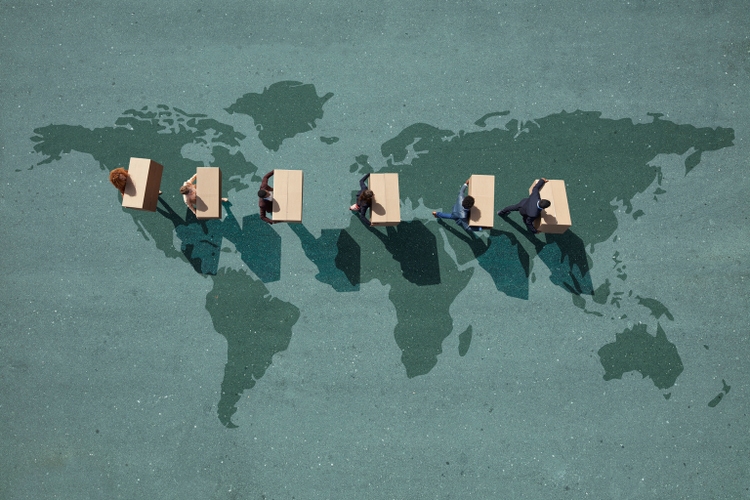








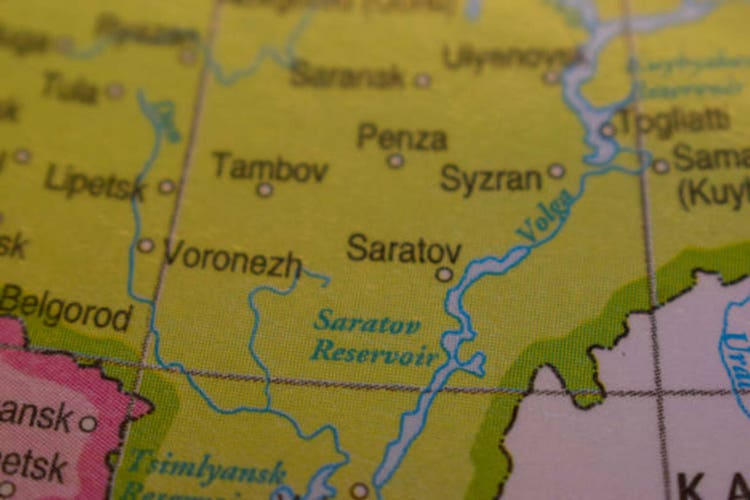
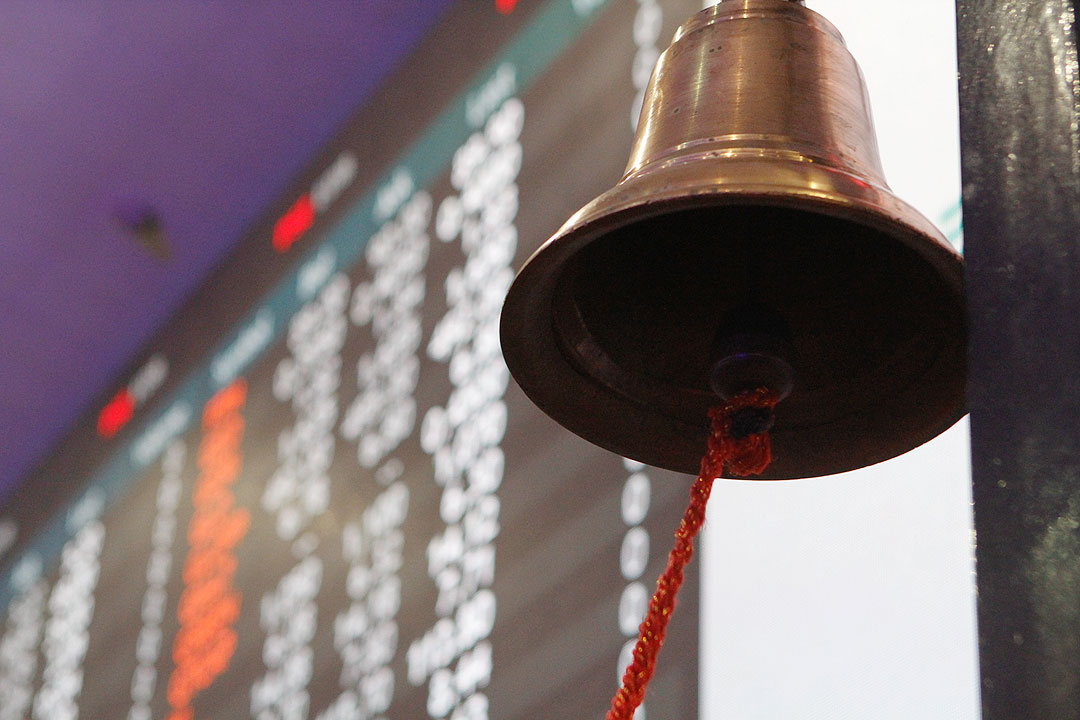


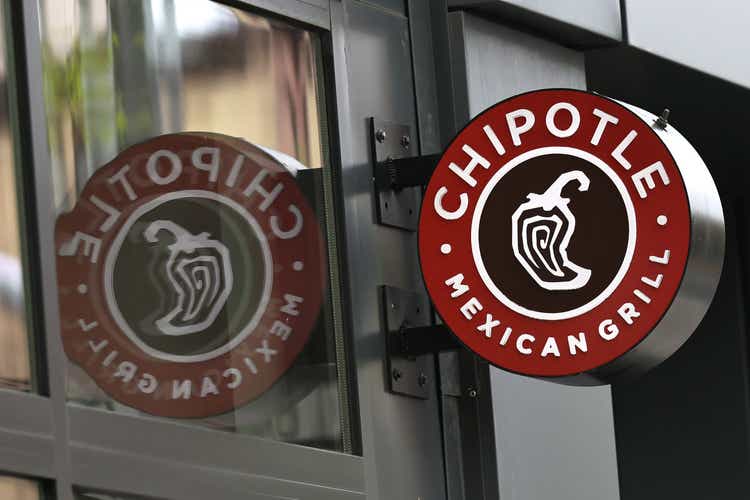





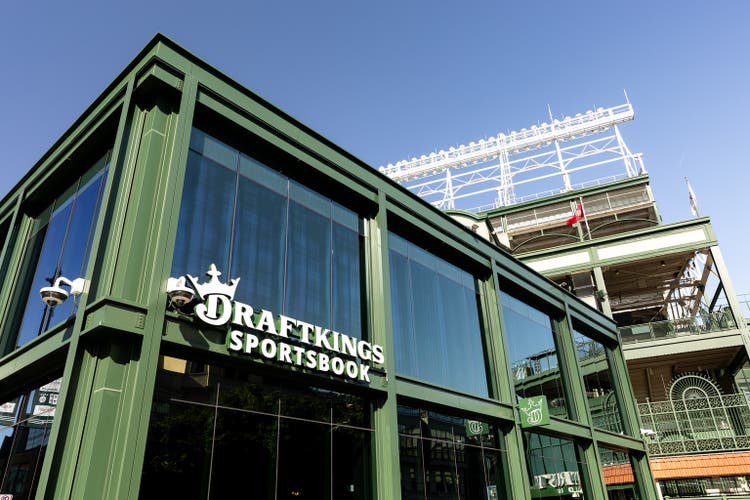
 English (US) ·
English (US) ·